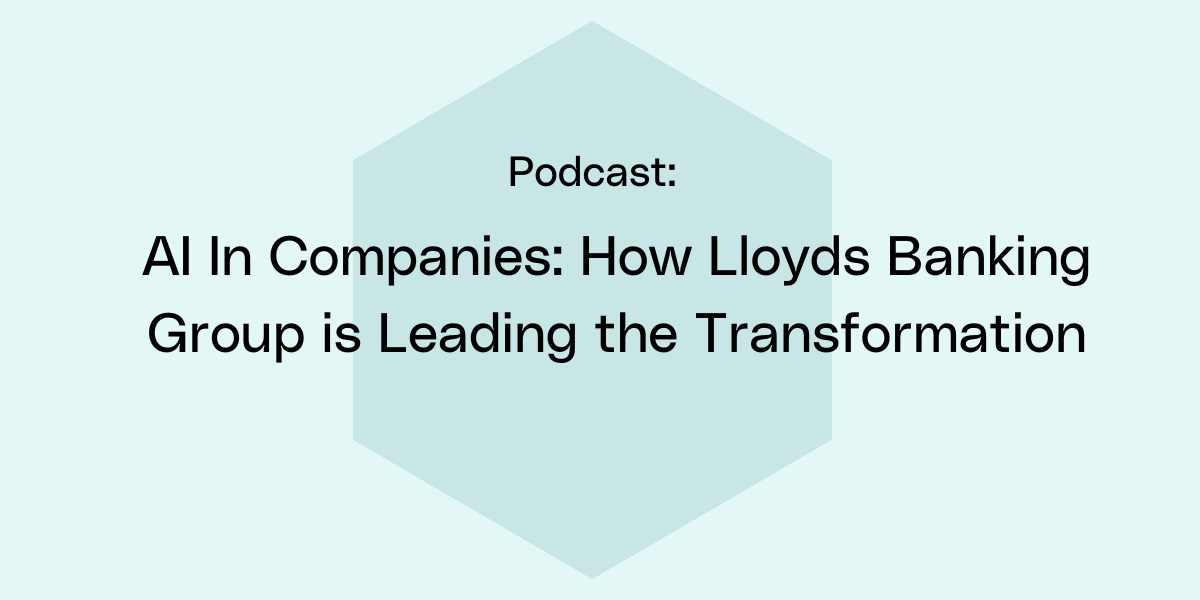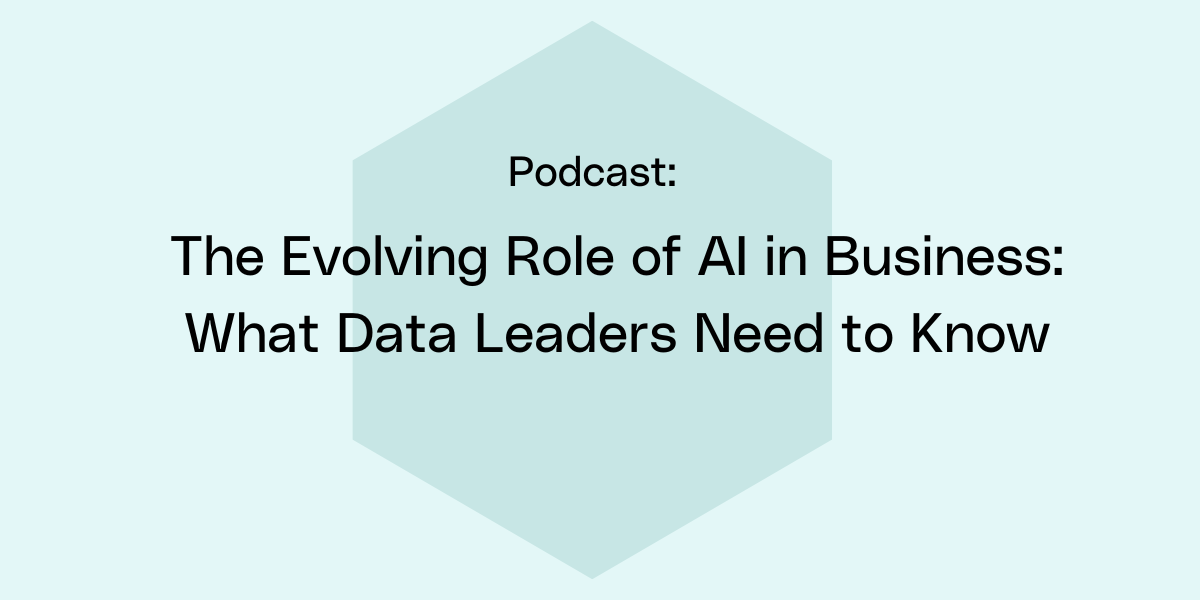Latest from Cambridge Spark
Cambridge Spark
April 08 2025
Scaling Up: Charting Your Career as a Digital Product Manager
Discover how to establish a career as a digital product manager.
Stay informed!
Sign-up for our newsletter and get informed about all the latest news and insights.
Upskill your workforce
Upskill your workforce and accelerate your data transformation with expert technical programmes designed to create impact.








